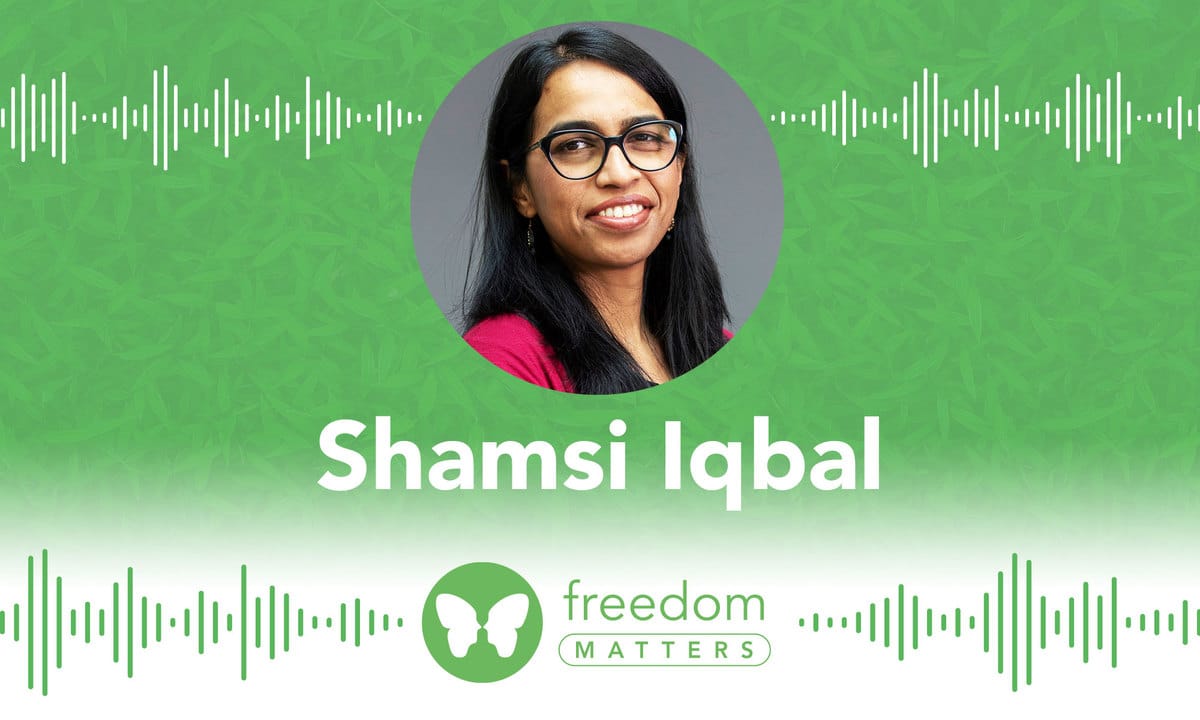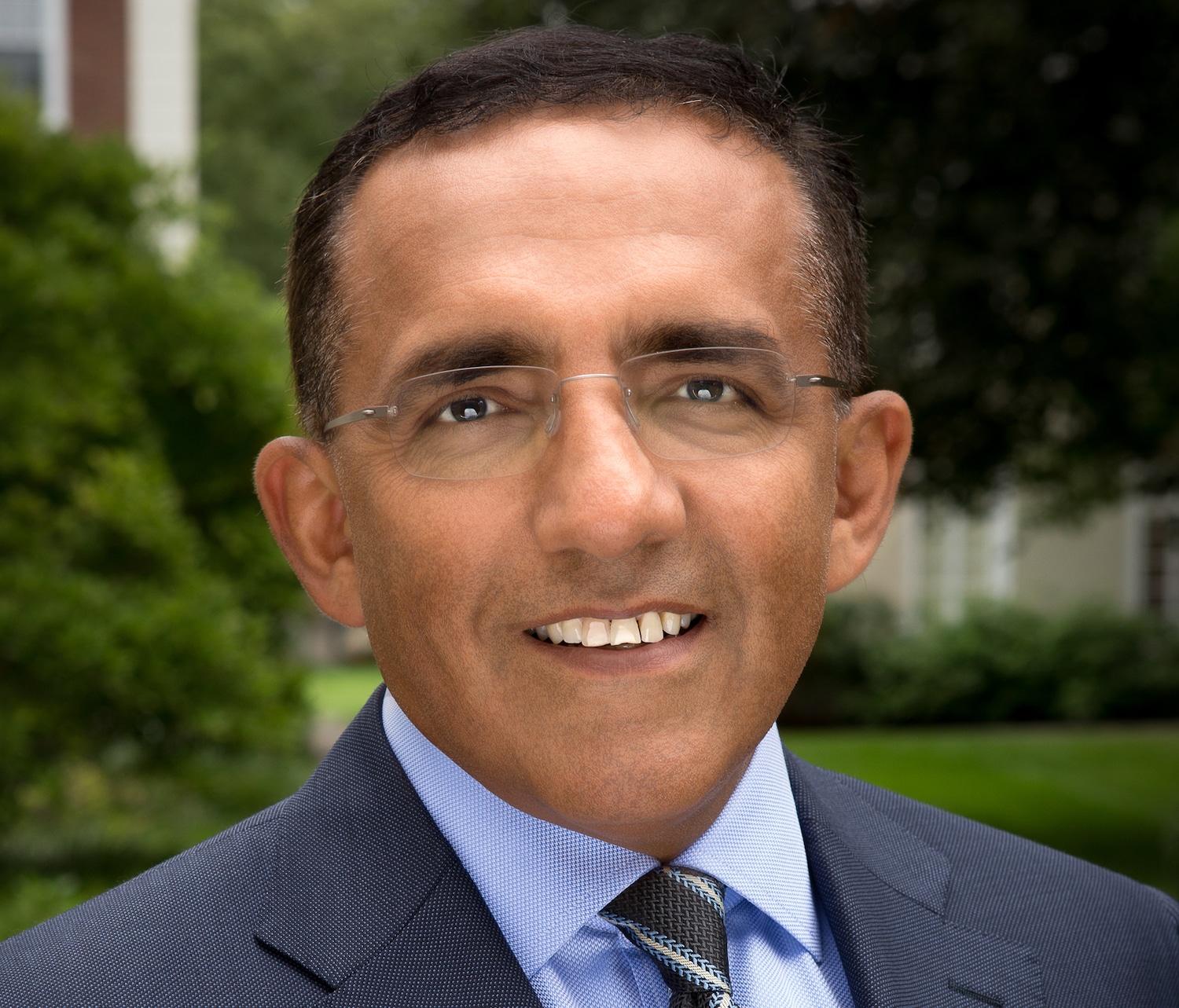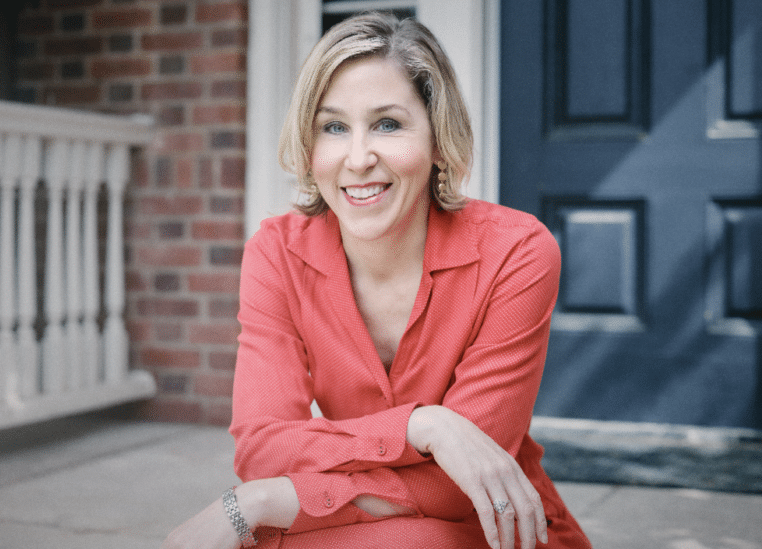James Clear: Using ‘Atomic Habits’ to Create Your Best Life

According to research, about 40 percent of our daily behaviors can be attributed to habits. Despite consuming so much of our lives, most of us likely only consider and review our habits about once or twice a year. For me this usually happens around New Years Resolution season, as I look back on my year and decide what I want to change or keep going forward. Sometimes I’ve been successful, other times not. But in either case, I found changing or creating habits to be pretty challenging. And I don’t think I’m the only one.
Luckily, that’s where James Clear comes in.
James is an author, entrepreneur, and photographer who has spent many years researching and writing on habits and human potential with an aim to explore one underlying question: “How can we live better?“
In his latest book, Atomic Habits, James argues that part of the answer to living better lies in our habits. Atomic Habits explores how our daily habits shape our lives, while serving as a guide and scientifically-backed framework for how to build good habits and break bad ones. As a leading expert in habit formation, James gives practical advice on how to design systems that ensure changes that last.
So this week we decided to sit down with him and learn a little more about how habits can help us live better.
As an author and entrepreneur who has dedicated years to understanding how we can create better habits, make better decisions, and live better lives – what started it all for you? Essentially, what made you pursue this field of study?
Well, all humans have habits, so in a sense I’ve been practicing and experimenting with habits my entire life. However, I didn’t start consciously thinking about how habits work and how you can design them to your liking until a few years ago when I started as an entrepreneur.
Early on in my business career, I realized that my business was struggling to grow because I didn’t understand how to market my products. I didn’t know why a customer would buy something or what compelled someone to sign up for an email list. So, I started studying consumer psychology and that led me to behavioral psychology and habit formation. Pretty soon I was investigating habits from all angles–psychology, biology, neuroscience, philosophy–and after a few years of writing about what I was learning, we ended up here.
Your latest book, Atomic Habits, is all about creating good habits and breaking bad ones – why did you decide to focus on the power of habits?
Habits are among the most important topics to understand in life. This is true for every person in every situation.
Your life is filled with habits. Research estimates that 40 to 50 percent of your actions on any given day are automatic and habitual. But the true influence is even greater because your habits often influence the conscious actions that follow. You pull your phone out of your pocket out of habit and then spend the next 10 minutes consciously responding to email. The habit influenced both the initial action and the 10 minutes that followed.
For this reason, I believe that if you can get your habits dialed in and figure out how to design them to serve you rather than hinder you, then you can end up with remarkable results in the long run.
For this reason, I believe that if you can get your habits dialed in and figure out how to design them to serve you rather than hinder you, then you can end up with remarkable results in the long run.
What piece of research regarding habits or behavior change has had the most impact on you?
I’ve come across many interesting ideas in my research, but one of my favorites is about the power of environment design. Altering your physical environment–the items you see on your bathroom counter or the layout of your living room or the workflow on your desk in the office–can lead to a meaningful change in your habits.
The design of your environment can make certain habits obvious and easy to do. When I wanted to start flossing consistently, I bought a small bowl, put some floss inside it, and placed it right next to my toothbrush on the bathroom counter. As soon as I put my toothbrush down, I would pick up the floss. This simple change in environment design was the only change I needed to start flossing consistently after years of doing it haphazardly.
What would you say to someone who is skeptical of habit change due to past failures?
If you’re having trouble changing your habits, the problem is not you. The problem is your system. You can have a desire to change, but if you have the wrong system for change then it’s not going to work.
Another way I like to put it: You do not rise to the level of your goals. You fall to the level of your systems.
One of the primary reasons I wrote Atomic Habits was to give people a system they could use (whether they had failed in the past or not) to build good habits and break bad ones. You just need the right approach.
If you’re having trouble changing your habits, the problem is not you. The problem is your system. You can have a desire to change, but if you have the wrong system for change then it’s not going to work
In Atomic Habits you draw on true stories from Olympic medalists, award-winning artists, business leaders, and a range of other experts. What is one example of something you learned from studying various experts?
One thing I learned about was the importance of reflection and review. In many cases, once a habit has been built, there is actually a slight decline in performance. Once you can do something “good enough” on autopilot, you begin to overlook small mistakes and stop searching for ways to do it better. For example, surgeons often get better during the early years, but then reach a peak and see a dip in performance after practicing the same procedure for years. As a result, the people who truly master their craft are often those who continually review their habits whether that is keeping notes after each performance, reviewing their habits at the end of each year, or finding other ways to measure and manage their behavior.
What has creating better habits allowed you to achieve?
Most of the time, people think about the outcomes and results habits can deliver. And, it is true, habits can help you lose weight or earn more money or increase your productivity. But I think the real benefit of building better habits is that it reinforces your desired identity. Your habits are how you embody a particular identity. When you make your bed, you are embodying the identity of someone who is clean and organized. When you write one page, you are embodying the identity of someone who is a writer. When you go to the gym, you are embodying the identity of someone who is fit. I believe that is the true power of habits: they help you achieve your desired identity and become the type of person you wish to become.
I believe that is the true power of habits: they help you achieve your desired identity and become the type of person you wish to become.
Where are you currently located? Where are your favorite places to travel to?
I live in Columbus, OH, but travel frequently. Some of my favorite countries are Japan, Morocco, Portugal, Scotland, and Vietnam. My favorite cities are probably London and Tokyo.

To learn more about James or his work, you can visit his site at JamesClear.com.


